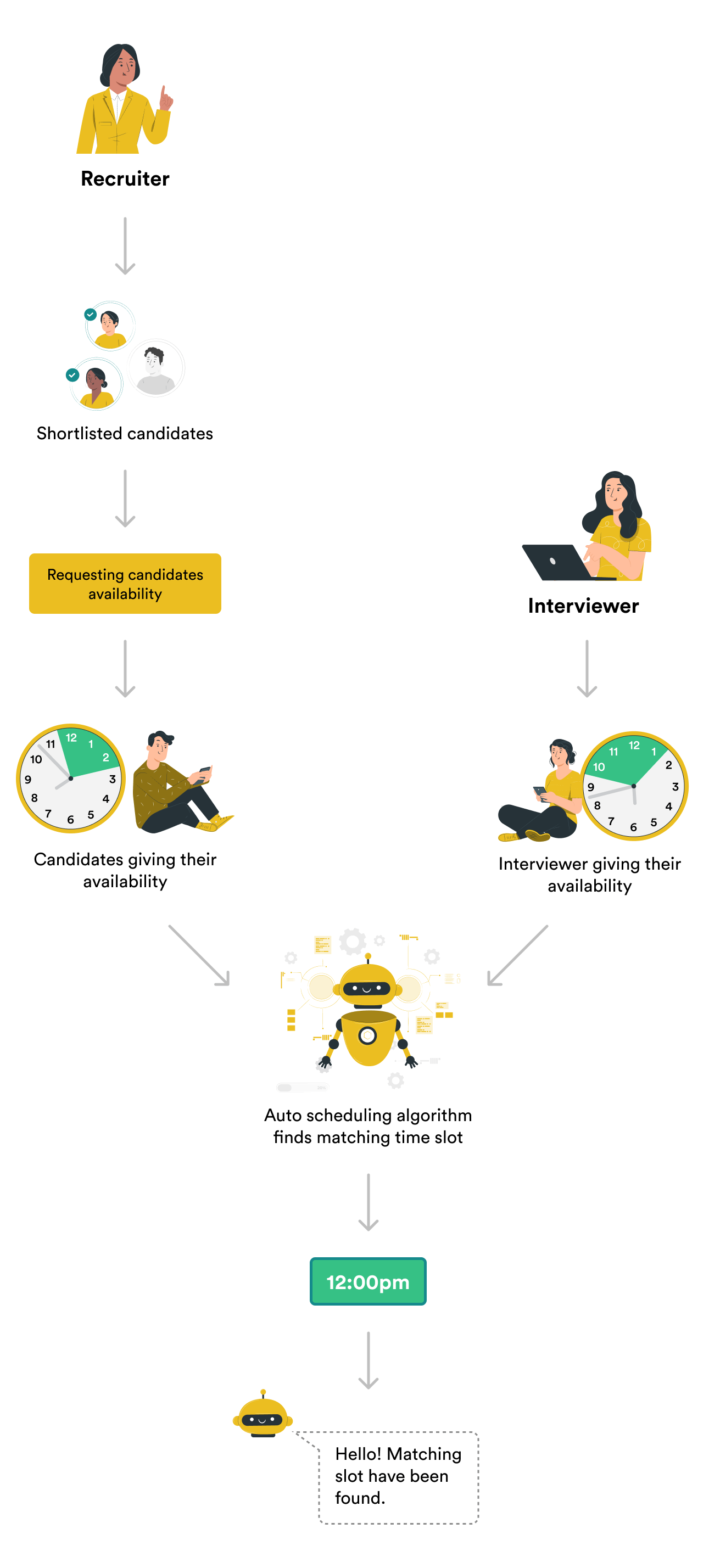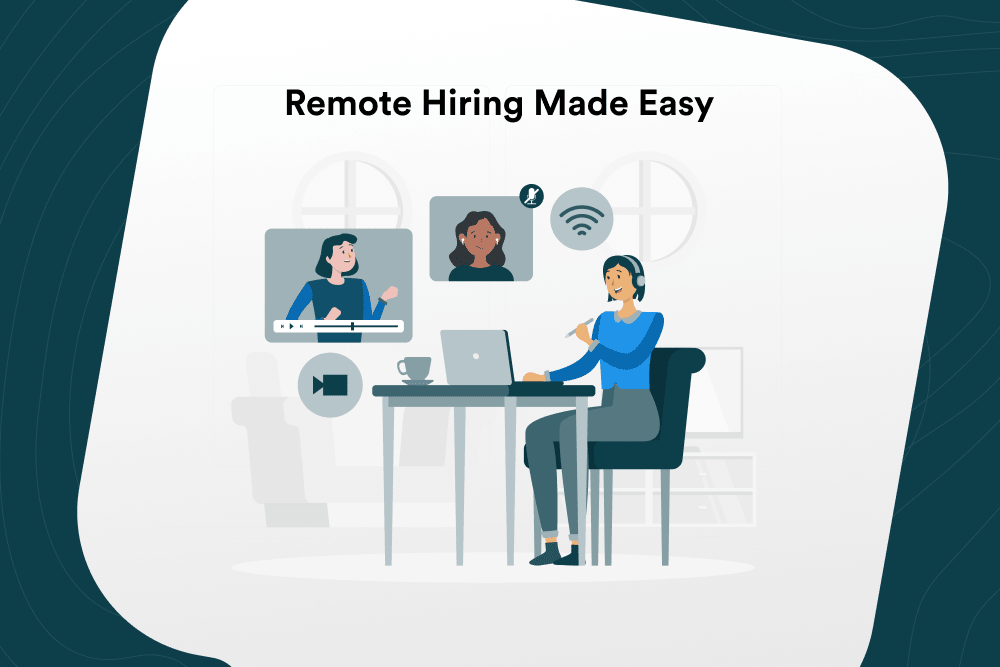The COVID-19 pandemic has forced many companies to shift to remote work, including the hiring process. As a result, virtual interview platforms have become essential for conducting interviews and hiring remote candidates. In this blog, we’ll explore the benefits of virtual interview platforms, how they work, and the different types of platforms available.
The Benefits of Virtual Interview Platforms
Virtual interview platforms offer numerous benefits for remote hiring, including:
- Time and Cost Savings: Virtual interview platforms save time and money by eliminating the need for travel, reducing scheduling conflicts, and allowing for flexible interviewing.
- Wider Candidate Pool: Virtual interviewing allows for the hiring of remote candidates from anywhere in the world, expanding the potential candidate pool.
- Enhanced Candidate Experience: Virtual interviewing can enhance the candidate experience by providing a more comfortable and convenient interviewing experience.

How Virtual Interview Platforms Work?
Virtual interview platforms use video conferencing technology to connect interviewers and candidates remotely. These platforms often include features such as screen sharing, recording, and chat capabilities. Some platforms also include additional features, such as AI-powered candidate analysis, to enhance the hiring process.
- Setting Up a Virtual Interview: To set up a virtual interview, the interviewer sends an invitation to the candidate with a link to the virtual interview platform. The candidate clicks the link and follows the instructions to join the virtual interview.
- Conducting the Virtual Interview: Once both parties have joined the virtual interview platform, the interview can be conducted in a similar fashion to an in-person interview. The interviewer can ask questions, share their screen, and assess the candidate’s responses.
- Reviewing the Interview: After the interview is complete, the interviewer can review the recorded interview, assess the candidate’s performance, and share the interview with other members of the hiring team.

Types of Virtual Interview Platforms
There are several types of virtual interview platforms available, including:
- Dedicated Virtual Interview Platforms: Dedicated virtual interview platforms are designed specifically for the hiring process and often include features such as AI-powered candidate analysis, scheduling, and recording.
- Video Conferencing Platforms: Video conferencing platforms, such as Zoom and Skype, can also be used for virtual interviewing, but may not include all the features necessary for the hiring process.
- Applicant Tracking Systems: Applicant tracking systems, such as Jobvite and Lever, often include virtual interview capabilities as part of their suite of hiring tools.
Conclusion
Virtual interview platforms have become essential for remote hiring in today’s work environment. With their time and cost savings, wider candidate pool, and enhanced candidate experience, virtual interview platforms offer numerous benefits for companies and candidates alike. If you’re interested in learning more about virtual interview platforms, research the different types available to find the best fit for your hiring needs.










